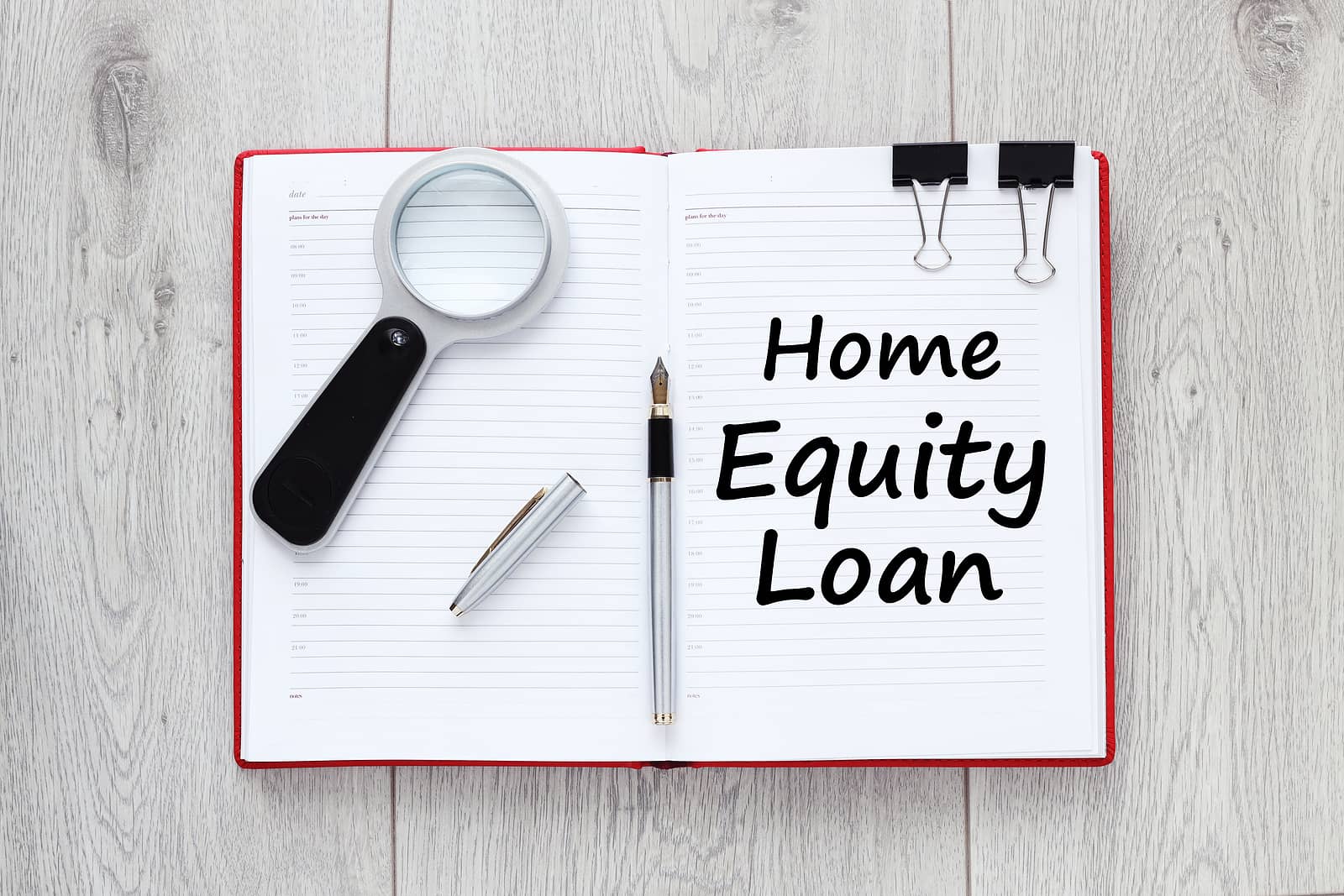
There is no doubt that if you are lucky enough to own your own home in Ontario, the housing market is very much on your side. It is a seller’s market and also a very good time to take stock and look at what acquired equity could enable you to achieve any immediate financial goals.
There are several second mortgage options available for those homeowners with sufficient equity built in their properties. One popular second mortgage choice and one in which offers much flexibility for the Ontario homeowner in terms of its potential uses is a home equity loan.
There are also different established lending options that offer the option of a home equity loan for interested Ontario homeowners, even if a homeowner has poor credit.
Over the last 18 months, throughout 2020 and well into the third quarter of 2021, housing appreciation has reached new heights in Ontario. The year-over-year numbers have been very impressive and have run counter to many financial forecasts for the housing sector throughout the height of the Covid-19 pandemic.
According to the August Toronto Housing Report, the average house price has risen to $1,046,383. This substantial increase in the price of an average single detached property is coupled with a quick turnover in the average number of days it takes to sell a property which stands at 16 days. Houses are selling quickly and it is common to have multiple bids for a single property resulting in over asking offers on properties.
Lending Choices for Ontario Homeowners
Although many may believe that the banks represent the only route to second mortgage financing, there are other well-established lending options for an existing Ontario homeowner. In the mortgage industry lenders are classified into three broad categories. Each category is determined by the required criteria that borrowers/homeowners must meet to qualify for mortgage financing.
The criteria that most lenders focus on can be boiled down to:
- Credit
- Income
- Debt ratio compared to income
- Other financial assets
- Current home value
- Existing home equity
The main criteria that most Ontario lenders are looking for when determining mortgage financing are based on the overall level of creditworthiness and degree of household income as well as low household debt ratio requirements.
If these criteria are not sufficient, there are private lenders established in Ontario who will be able to offer second mortgage financing based on other criteria. Private lenders will assess the amount of equity in your home and the current value and condition of your property and provide short-term home equity loans despite poor credit and higher household debt ratios.
The three broad categories of lenders include:
A Lenders- These lenders are the banks. Banks will put borrowers/homeowners through rigorous mortgage stress tests and require a credit score of at least 600. A lenders will also prefer traditional yearly, full-time income which is easy to calculate when determining mortgage financing approval.
B Lenders- These lenders are credit unions and trust companies. B lenders will be less stringent in the overall credit score required, although they will still expect to see a credit score of at least 550 while also preferring traditional, easy-to-calculate household income.
C lenders- Private lenders are referred to as C lenders in the mortgage industry. Private lenders lend on an individual basis, as part of a group of private lenders and there are mortgage brokers who specialize in providing private second mortgages financing.
How Are Home Equity Loans Structured?
What exactly is a home equity loan? Simply defined, a home equity loan is a second mortgage that is approved based on the equity in your home. The loan is paid out in one lump sum and your home is used to secure the loan.

A home equity loan can be used for any number of purposes including paying off liabilities, using the funds for immediate financial needs such as home fix-ups. A lender will approve a home equity loan by assessing the Loan-To-Value (LTV), degree of equity, and your home’s appraised value,
The banks will require exemplary credit and tend to calculate an LTV of typically 95% which represents loaning up to 95% of the appraised value of your property. Substantial equity must be proven as well to meet the requirements for a home equity approval.
If poor credit has closed the door to secure a home equity loan through a bank, a private lender (C lender) will be able to negotiate short-term home equity financing based on a current appraisal of your home.
A private lender will be basing LTV on the degree of equity established in your home. A private home equity loan will represent a higher risk for a private lender due to poor credit or substantial debt. As a result, typically a private lender will not calculate over 75% LTV. He/she will be looking for:
- At least $70,000 in existing equity in your home
- Assessing the Current appraised value of your property
- Assessing the current condition of your property
- Assessing any ongoing issues such as mold or water damage in your property
- Any additional financial assets that may be applicable for additional leverage for the home equity loan
What is a Home Equity Loan Used For?
Just as in other types of second mortgage loans, a home equity loan can be used for several financial goals and short-term financing objectives. The equity in your home can be tapped into to meet these short-term financial needs without taking out an additional debt obligation such as a personal loan. Uses can vary and could include:
- To pay down high-interest debt such as credit debt with interest rates that can be as high as 29.99%
- Consolidate debt into one manageable monthly payment with an overall lower interest rate
- Home renovation projects that are pressing
- Pay of student debt
- Use money towards business needs
- Help adult children with short-term financial needs
Mortgage Rates and Fees for Private Home Equity Loans
Private mortgage rates will be slightly higher than those offered by their bank counterparts. This relates directly to the deemed higher risk of the mortgage loan due to poor credit and potential higher debt levels of the borrower/homeowner.
Generally, a private lender will charge a mortgage rate of between 7% and 12%. The ultimate interest rate will depend on the homeowner’s unique financial picture. Any associated fees will typically range from between 3% and 6% of the total cost of the loan.
- Ajax
- Amherstburg
- Aurora
- Barrie
- Belleville
- Bracebridge
- Bradford
- Brampton
- Brant
- Brantford
- Brockville
- Burlington
- Caledon
- Cambridge
- Cobourg
- Collingwood
- Cornwall
- East Gwillimbury
- Essex
- Etobicoke
- Fort Erie
- Georgina
- Gravenhurst
- Grimsby
- Guelph
- Halton Hills
- Hamilton
- Huntsville
- Ingersoll
- Innisfil
- Kingston
- Kingsville
- Kitchener
- Lincoln
- London
- Markham
- Midland
- Milton
- Mississauga
- Napanee
- Newmarket
- Niagara Falls
- Niagara-on-the-Lake
- North Bay
- North York
- Oakville
- Orangeville
- Orillia
- Oshawa
- Ottawa
- Owen Sound
- Pelham
- Peterborough
- Pickering
- Port Colborne
- Richmond Hill
- Sarnia
- Sault Ste. Marie
- Scarborough
- St. Catharines
- St. Thomas
- Stouffville
- Stratford
- Sudbury
- Tecumseh
- Thornhill
- Thorold
- Thunder Bay
- Tillsonburg
- Timmins
- Toronto
- Uxbridge
- Vaughan
- Wasaga Beach
- Waterloo
- Welland
- Whitby
- Windsor
- Woodstock
